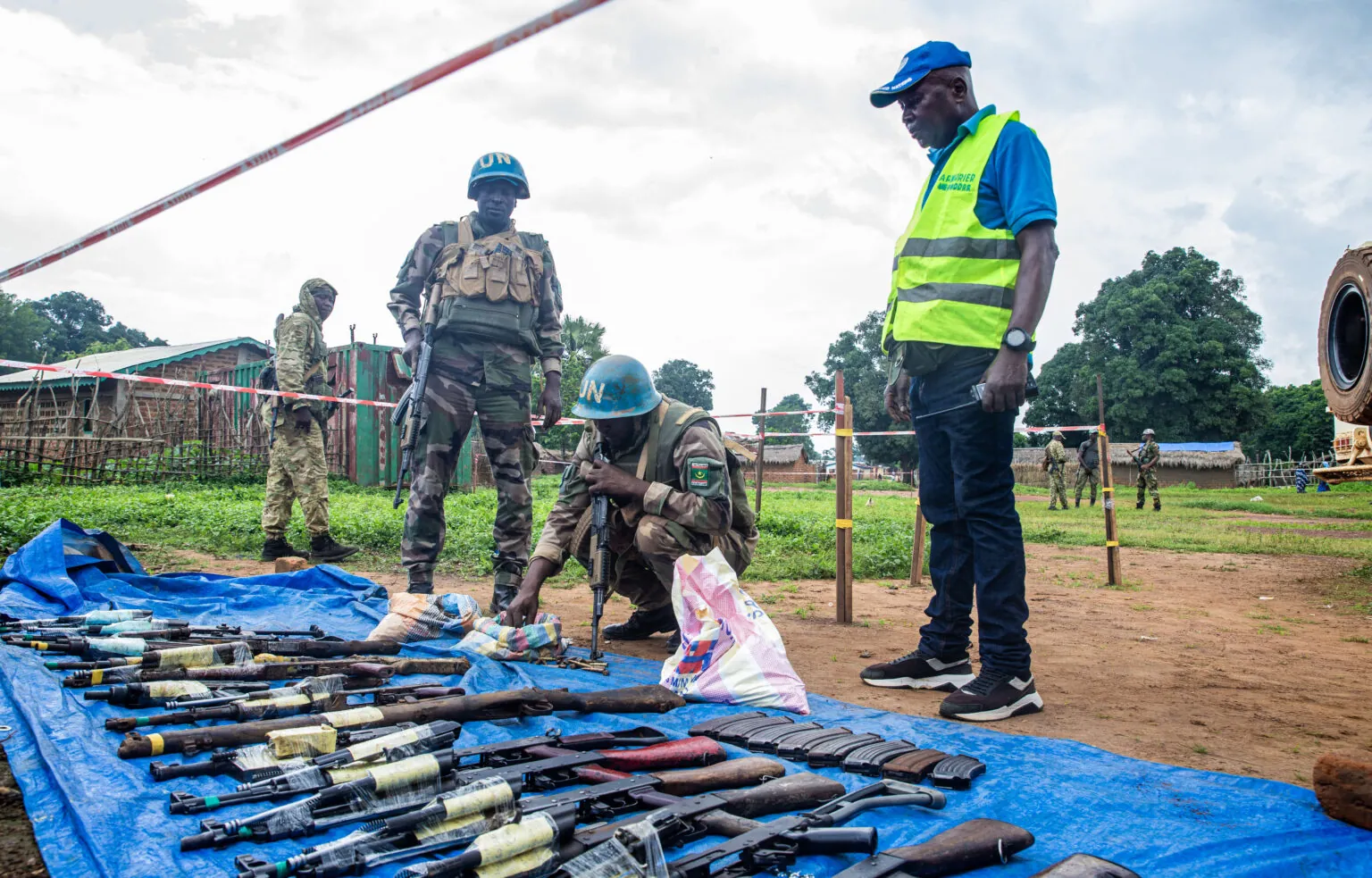In the Central African Republic, Russia Hopes to Shift Wagner Control to Africa Corps
he Central African Republic is the site of the latest chapter in Russia’s shifting security architecture on the continent. Following years of influence by the Wagner paramilitary group, officials in the Central African Republic (CAR) have said that Russia has asked the government to replace it with Africa Corps and to pay in cash, rather than minerals. CAR is hesitant, but may have few options. The tenuous negotiation is emblematic of the Kremlin’s attempts to more closely control its vast mercenary network.
The discord is noteworthy in part because Russia’s relationship with CAR has been as close as that with many other African countries. Since late 2017, this relationship has centered on a security partnership in which the Wagner mercenary group provides extensive security support to the CAR government in exchange for access to the country’s resources, such as gold and timber.
As part of this arrangement, the CAR government has leaned heavily on Wagner to protect officials and to ensure civil obedience, particularly in moments of social and political tension. For example, in the lead-up to a controversial constitutional referendum in 2023 that eliminated presidential term limits, Wagner sent hundreds of fighters to the capital, Bangui, to quell any potential unrest.
Wagner personnel also support daily policing operations and can be seen scattered throughout Bangui at all hours of the day and night, serving as a corollary to the country’s national police force.

